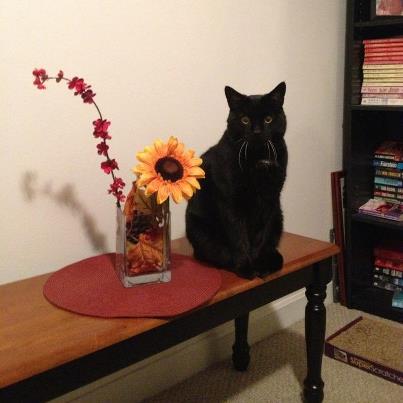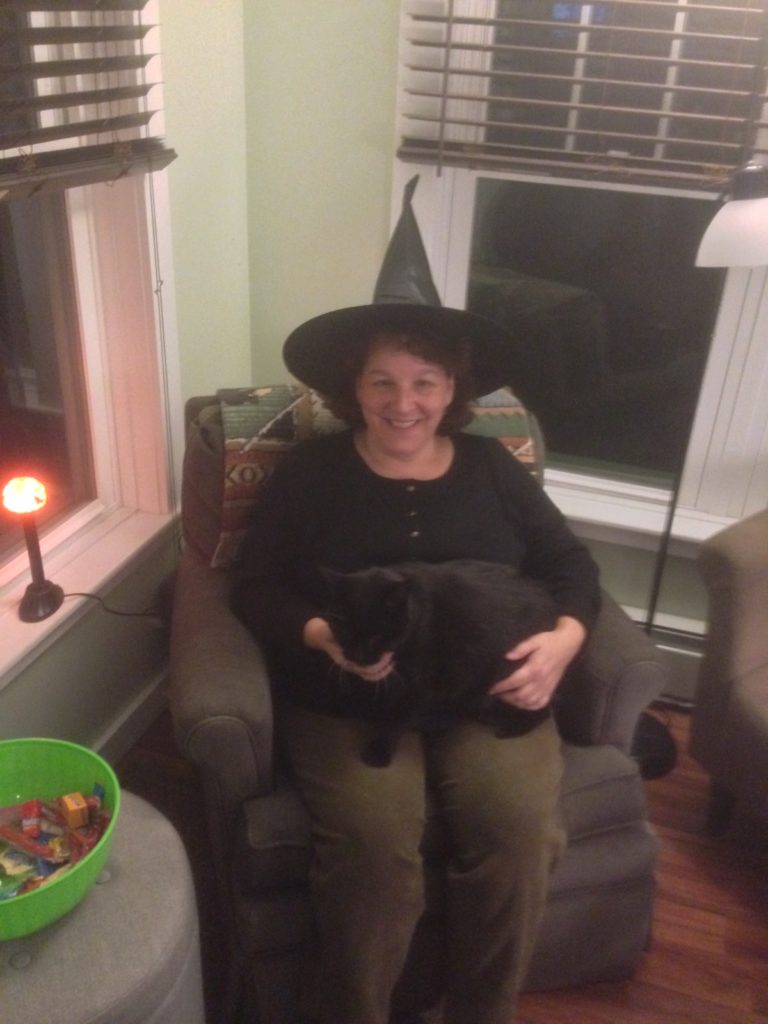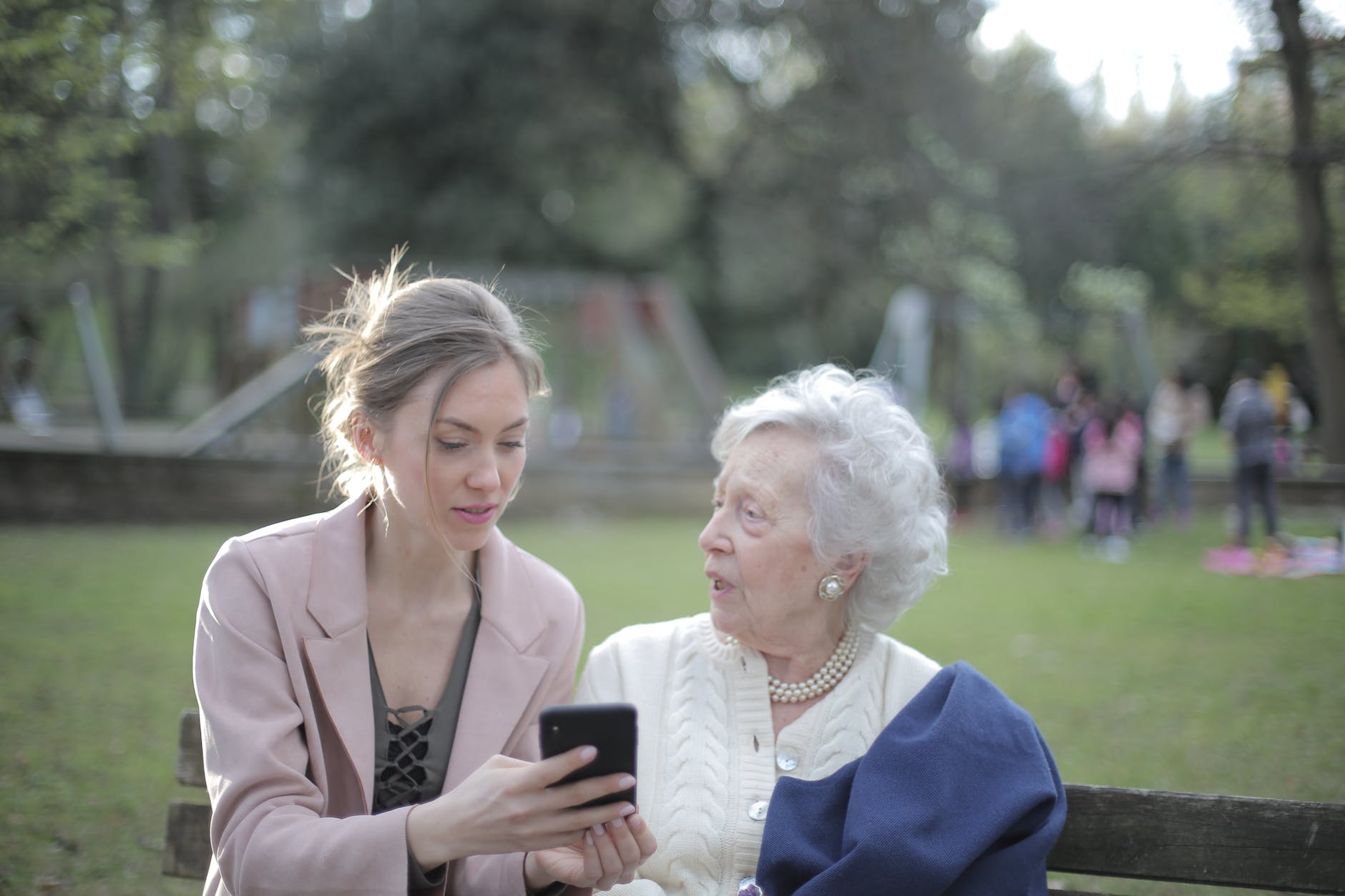Have you ever wondered about whether there really IS an “other side,” a place where people go after they die?
I was raised Roman Catholic, so I was taught about the 3 options:
- Heaven, where good girls went
- Hell, where bad girls went
- Limbo, where babies go if they die before they’re baptized
A pretty gruesome explanation on the surface, and one seemingly contrived to manipulate “good” behavior through fear. It worked on me for a while and, over time, I designed my own theory about afterlife.
I’m also open to other perspectives. For instance, my brother believes ghosts exist and come from the other side, whether to even the score, say hello, or carry out their own nefarious purpose. I’ve never [knowingly] witnessed a ghost but I don’t DISbelieve they exist. I’d just like some proof before I embrace the concept.
Back to my theory about the other side.
I don’t hear my parents’ voices in my head nor do I see transparent versions of them in my room at night. Yet I’m convinced that when other people speak certain phrases Dad used to say or when I see a Mom-shaped shadow on the ground at my feet, my parents are reaching out to me from Heaven. Or wherever it is they are these days.
Same thing when I’m playing with my dog Angus and unconsciously call him Delaney (my beautiful boy who died 10 years ago). Or when I drive by that diner where George and I used to eat lunch in the summer. Hot dogs and homemade potato salad: not a meal our co-workers enjoyed!
Serendipity can easily take credit for these events. It can also claim responsibility for the sun bursting through the cloudy skies hours after we buried my mother.
I was driving back to the cemetery because I still couldn’t let her go. When the sun turned the world yellow I felt this … presence, this expansion inside my chest, this … I don’t know. I just felt my mother beside me, inside me. Like when I was a kid sitting next to her chair in the living room and she’d place her hand on my head and tell me everything would be okay. Like that.
Sure, you can insist that people don’t live after they die and provide me with tons of biological evidence. You can quote psychologists and psychiatrists who say our minds work in unaccountable ways and that so long as we think and talk about the people we love, they’re alive in our minds. I know all that, and even agree with you.
But you can’t tell me people, including Delaney, aren’t still out there somewhere–not and have me believe you.
Let’s talk about signs.
Cardinals are commonplace where I live and although everyone in my family has seen many of them, I’ve only caught the occasional glimpse–until last week. I took a break from a short story that wasn’t coming along the way I wanted. Actually, I was short storying because I was having issues with my novel. I sat in the back yard with my flowers, did some deep breathing, and tried to regroup. A bright red cardinal interrupted my meditation, flitting from fence post to flowerpot to tree branch and then repeated the circuit like he was high on speed.
I immediately received a silent message. Only problem was: I had no clue what the message was or who it was from. Not being a fan of birds, I knew nothing about cardinals other than males are red, females aren’t, and you see a lot of them at Christmas. I recognized the bird’s urgency, so I returned to my office after he flew away and did my writer thing. But first, I researched.
Aside from the Bible, which refers to a cardinal being a symbol of hope and restoration, Roman mythology considered the cardinal a messenger of Jupiter, king of the gods (Zeus, in Greek mythology). Native American traditions embrace the belief that totem animals (animal spirit guides) accompany us through life, and that each individual travels with a primary animal guardian. Native Americans attribute cardinals with devotion, loving relationships, courtship, and monogamy. Some tribes believe they are associated with other characteristics, as well.
Regardless of whether the spiritual association is historical, religious, or spiritual, cardinals represent hope, new beginnings, and faith. Most believe they are messengers from a soul in heaven. A common saying is: “Cardinals appear when angels are near.”
My father’s favorite color is red. His name means “world ruler.” He was the biggest pusher of positivity. In his later years, he was my go-to person when I had a writing slump. (FYI, I dedicated my book, Taking the Mystery out of Business, to him.)
That afternoon I cranked out two short stories.
Don’t tell me there isn’t an “other side.”







